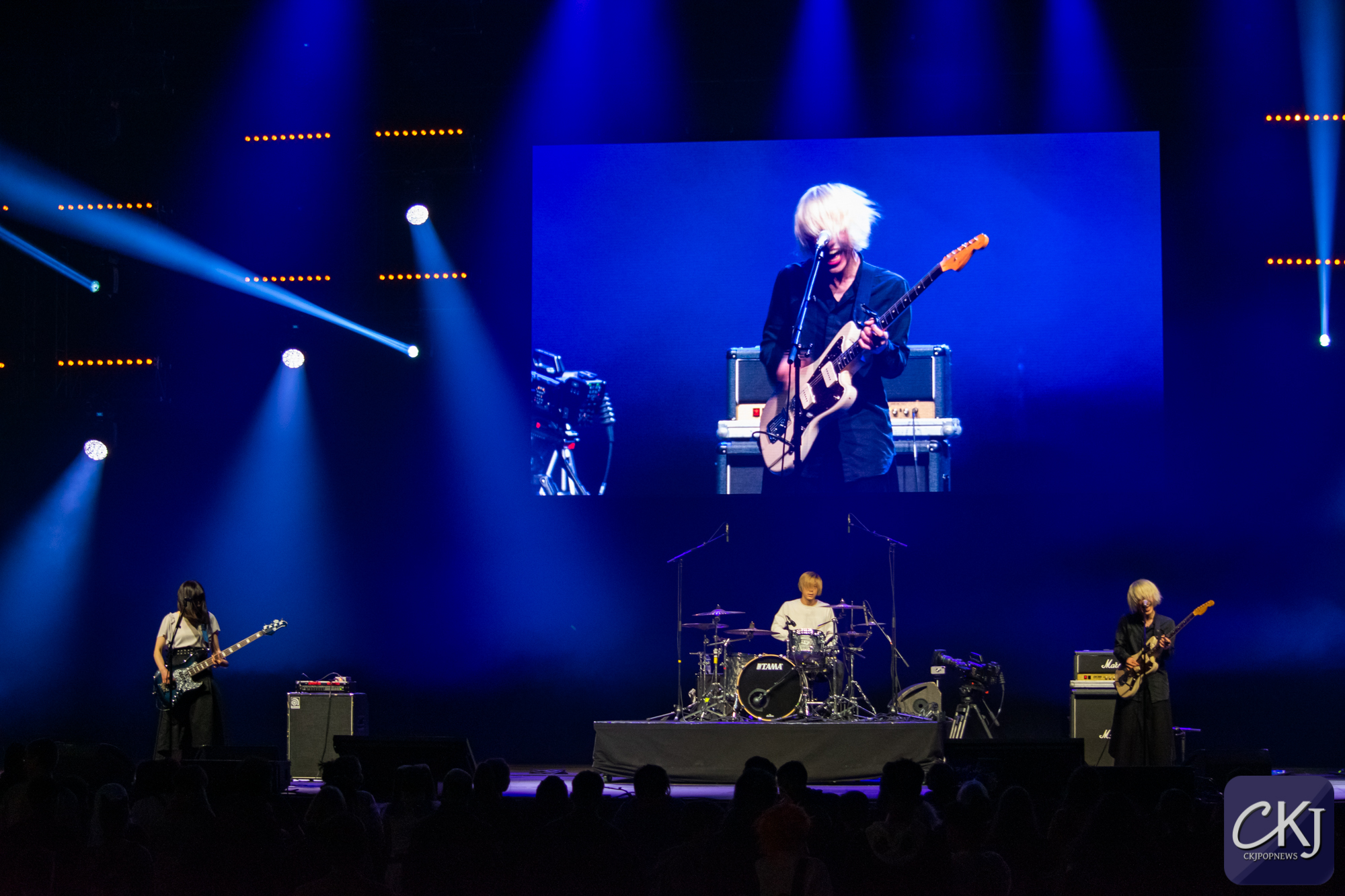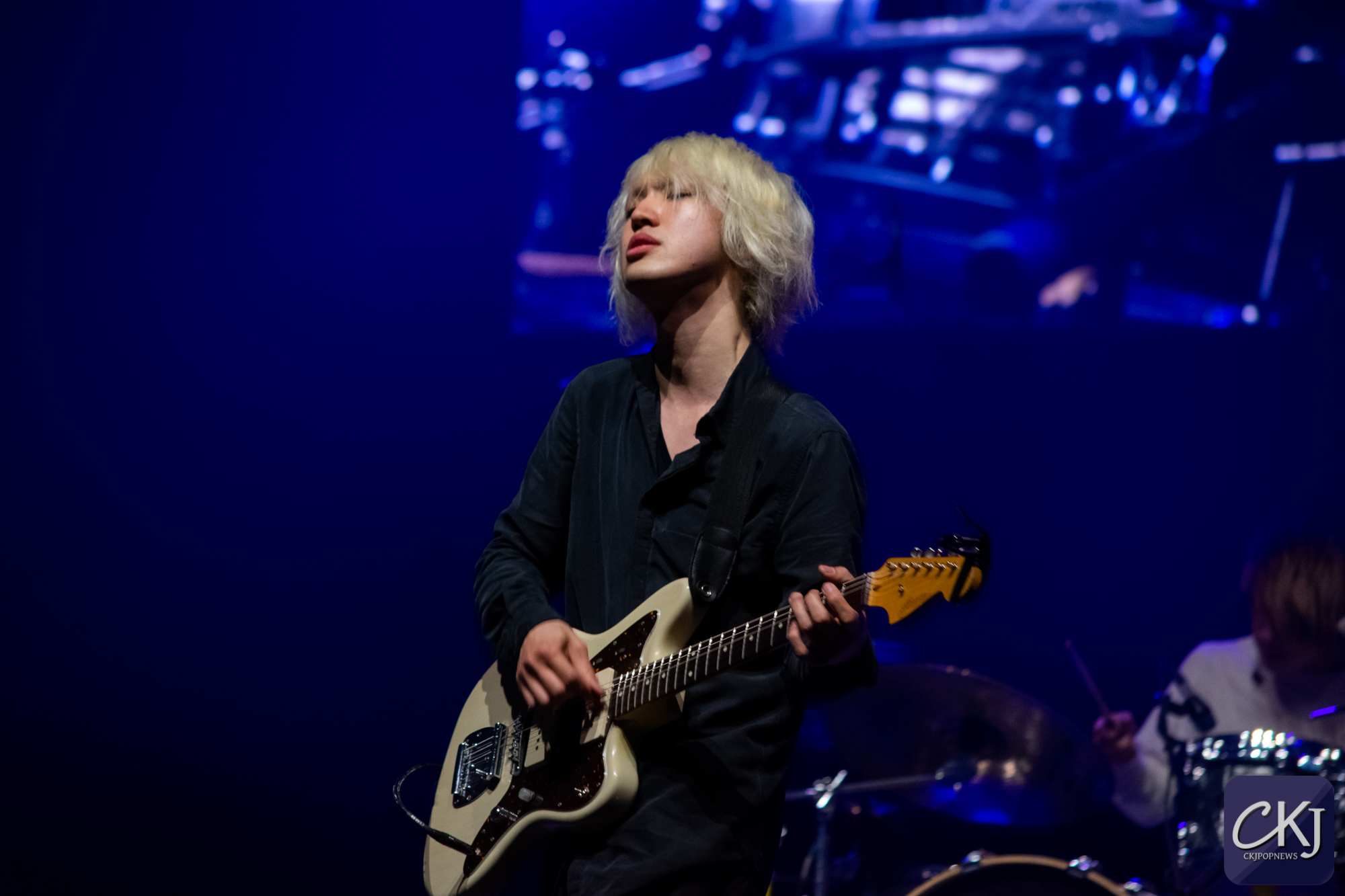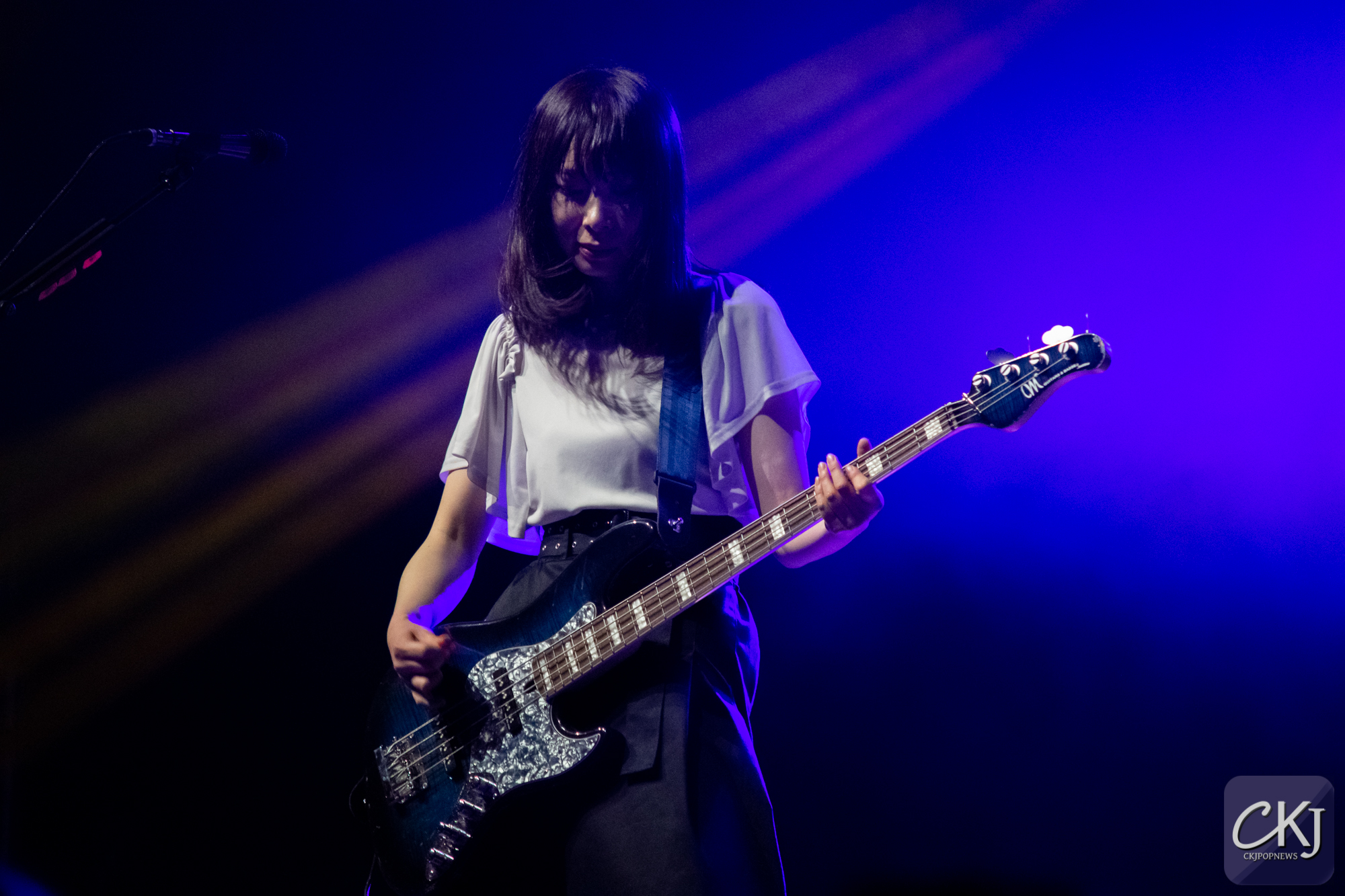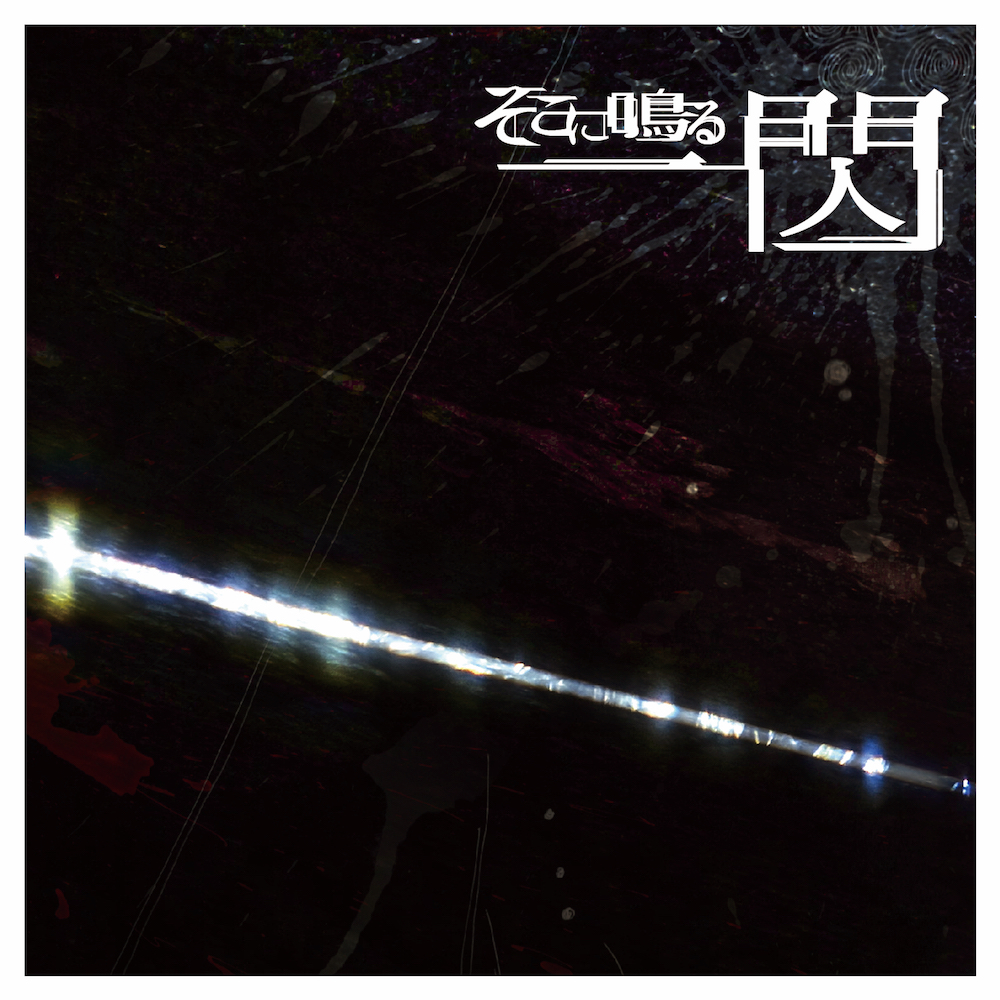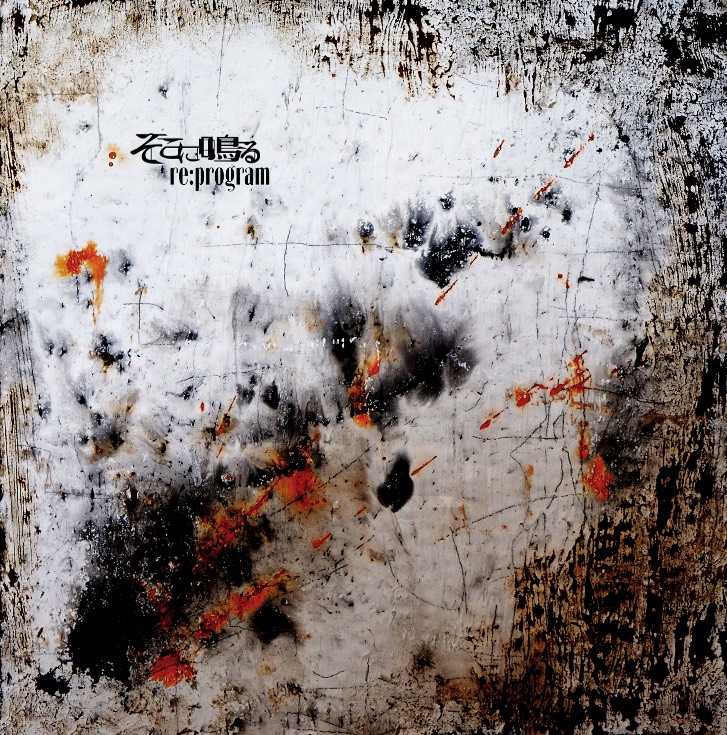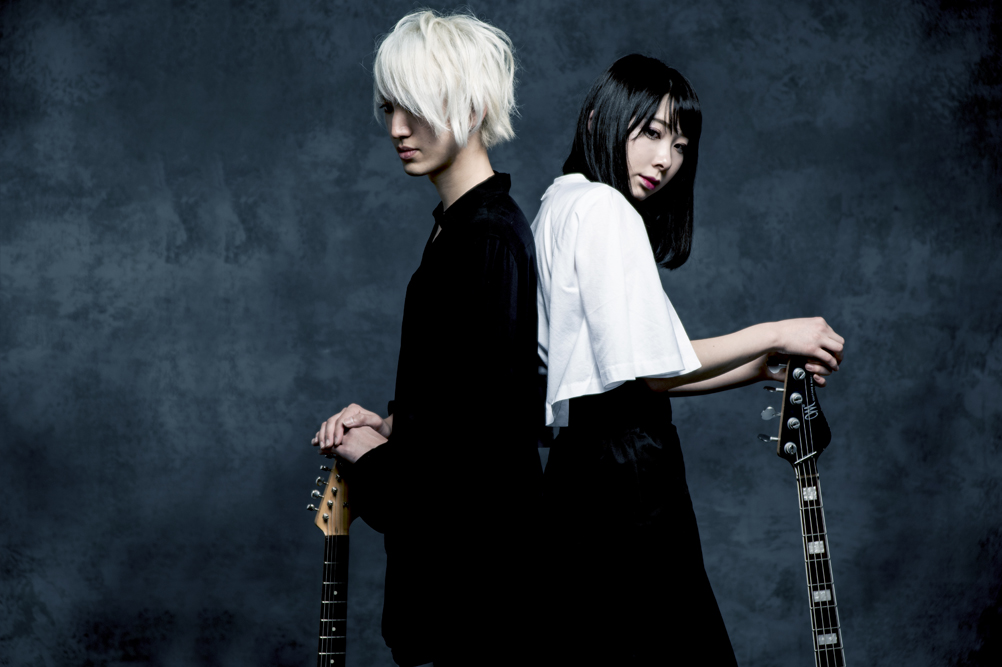Soko ni naru is a Japanese duo composed of Juko Suzuki, on vocals and guitar, and Misaki Fujiwara on vocals and bass. They are accompanied by a drummer who is not a permanent member of the group. This duo from Osaka is still little known in Europe. They debuted in Japan in 2011 and conquered a large Japanese audience, thanks to numerous national tours. The mix of the female voice and male voice, behind which are added different sounds of punk, metal and many other musical styles, result in something very dynamic and powerful.
Juko Suzuki and Misaki Fujiwara have agreed to answer our questions for them to be more recognized here, by the European public they have never met before.
You can also read our first impressions (in French) about the group at the 27th edition of Paris Manga & Science-fiction Show which took place on February 16th and 17th at Parc des Expositions Porte de Versailles in Paris.
Could you introduce yourselves and the band to our readers?
Juko: Iʼm Juko Suzuki, guitarist and vocalist in the band.
Misaki: Iʼm Misaki Fujiwara, bassist and vocalist in the band.
Soko ni naru is a three-piece band formed in 2011 in Osaka, Japan.
Our sound featured dynamic, loud, melancholic sound with melodic male and female vocals mixed together.
Last year, you released more EPs, will there also be more music in 2019?
Misaki: We will release 7 new tracks in the EP “Issen” on April 3rd of this year. It will
include the limited single “re:program”, only available on concert days, in the venue. It features progressive and sophisticated tracks, we can say this is our greatest work. We are planning on releasing new songs from summer onwards.
What could you tell us about your last EP “re:program”?
Juko: The song “Tenohira de odoru” became more widely known than we expected.
We thought it would be best writing a new song which is the sequel of “Tenohira de
odoru”. This song’s atmosphere is a little different from our past songs. We sold the EP at the venue only, because we wanted our fans to listen to the new song as soon as possible.
How would you define your music style?
Juko: It’s alternative rock, I guess. I don’t want to categorize it and I don’t care about genre of music, but I do want to have the atmosphere and style of J-POP in our music.
Is there any other music genre that you would like to put in your music one day? If yes, which one?
Juko: Rather than a particular genre, it’s more adding cool sounds or ideas into the music we make. If I had to choose a genre, then I would say Shoegaze.
[Shoegazing (or shoegaze, initially known as “dream pop”) is a subgenre of indie and alternative rock that emerged in the United Kingdom in the late 1980s. It is characterized by its ethereal-sounding mixture of obscured vocals, guitar distortion and effects, feedback, and overwhelming volume.]
Do you have any predilection artists who inspire you? And some artists you would like to collaborate with?
Juko: I havenʼt actually been that inspired from any music artists recently. But sometimes I have been excited by new good songs written by my generation’s artists such as cöshu nie and giraffepot. My current favorite artist is serph.
According to you, which song of yours represent the best your career?
Juko: Probably “re:program”, because this song includes all the elements of our bandʼs musical styles.
In May 2018, you returned to your original sound with “Zero”, did you feel the need to go back to your roots?
Juko: I felt I had to redefine my senses and decide what is cool or not. I thought this is an important thing to do in order to improve our songwriting. As a result, this song’s style is similar to our old songs. Just like getting back to our roots.
However, “Back to the roots” is not our mission, just an involuntary result.
How would you describe the particularities of your duo?
Juko: In my opinion, we are not a duo because we have a drummer, even though he isn’t officially a band member. Perhaps thatʼs a Japanese way of thinking. But we can say we are a male and a female vocal duo. I think it is great if there are many singers in a band. The more the better! I would also be happy if the drummer could sing.
With this particularity, we can mix male and female vocals in the music and also, have a wide range of vocal. I think it’s convenient for the music making process.
Did you consider adding another musician to the group?
Misaki: If there are musicians, who we think are cool and skilled, we might welcome them as an official member. However, we want everyone to know that a minimum number of members can play various music sound. We are happy to limit ourselves to a three-piece band. We are really enjoying it.
What differences do you see between Japanese rock, and rock overseas?
Misaki: There are, I think, many genres mixed in the music in Japan. But, I guess there are music focused on specific genre oversea. Soko ni naru is a Japanese rock band but everyone loves and selects good music, it is natural thing in the world. We try to become the band everybody in the world likes, I hope we do.
Is there any particular places in the world or events that you would absolutely love to play in?
Misaki: BIGCAT, it is a venue in Osaka, Japan. I saw Ling tosite sigure’s concert for the first time there. This is a memorable place for me. Ling tosite sigure gave me the inspiration for the band.
You had your first one-man show at Shimokitazawa SHELTER on January 29th. How did you feel about it?
Misaki: It was awesome; I’ve felt love and passion from the audience who supports Soko ni naru.
This is the first time you will perform in Europe. What was your reaction when this opportunity came up?
Misaki: It was surprising and I didn’t believe it was true. Because not many Japanese artists are doing shows in Europe, especially rock bands. It’s a pleasure for us to do this show where world’s famous artists have played.
What is your biggest dream as artists?
Juko: I aim to make cool and universal music. What I think would be great is that what I think is cool then becomes a sandard in the music trend. This is my goal.
When did you get the idea to start a band?
Misaki: I felt like forming a band when I was 14 years old, and then we started this band when we were 18 years old, as a replica of the band Ling tosite sigure.
What would you like to say to your European public?
Misaki: We simply want the people of Europe to recognize how cool and fun Japanese rock is with our music.
Thanks
Amélie Nicolaud for this interview opportunity,
Soko ni naru for answering our questions
and alsoParis Manga and Japan Tours Festival
